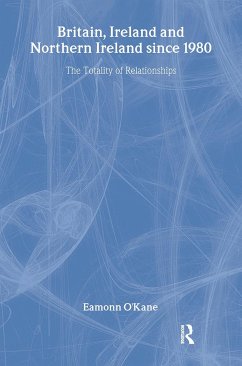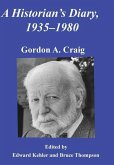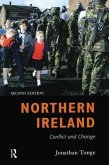This new study reveals how British and Irish governments not only had different reasons for co-operating, but also had different prescriptions for ending the conflict in Northern Ireland. Eamonn O'Kane shows how and why the two states were subject to demands and expectations from their 'client' communities in the North, had conflicting historical explanations for the problem and different domestic considerations to take into account. He argues that all of these factors must be examined in context and in doing so makes a significant contribution to our understanding of the Northern Ireland conflict and offers a new explanation for the emergence and development of the peace process. Based on extensive new interview data, this volume is an invaluable resource for students and researchers of British politics, Irish studies and conflict studies.








